Last year, Management Science Associates (MSA) partnered with Vireo Health of Minnesota to complete a first of its kind study that sought to analyze the relationship between opioid reduction and cannabis consumption (you can find more information on those findings in our previous post).
More recently, MSA has been exploring the impact of cannabis on sleep medication use. An estimated 30% of adults experience symptoms of insomnia, which can include difficulty falling asleep, staying asleep, or waking up too early. Patients with insomnia often rely on various prescription and/or over the counter sleep aids to manage their conditions, which can result in adverse effects, including the risk of abuse and cognitive impairment, especially in older adults. Fortunately, the increased acceptance of medical cannabis has resulted in many patients exploring it as a potential alternative.
Although previous studies have shed light on the impact of cannabis for insomnia, more research is needed to fully understand its potential and determine appropriate dosages and long-term effects. Using real-world data, MSA has conducted a study on patients diagnosed with insomnia to investigate the effectiveness of medical cannabis to reduce sleep medication use.
Methodology
The study included adults aged 18 and over, diagnosed with insomnia disorders based on ICD-10 codes, who have purchased cannabis products through medical cannabis dispensaries in Minnesota from 2016 to 2020. Using MSA’s patented de-identification technology, we linked each patient’s electronic health records (EHRs) with medical cannabis dispensary transaction records while protecting patient privacy.
We investigated the trends of cannabis products use in patients with insomnia, according to demographics, and quantified changes in sleep medication use over time, using the Defined Daily Dose (DDD) established by the World Health Organization (WHO) to obtain a ratio that reflects the patient’s daily medication intake in a standard measure. We analyzed the differences in medication use before and after cannabis use, and characterized the patients who experienced a reduction in sleep medication use.
Key findings included:
Demographics: The majority of insomnia patients participating in our study fall within the middle-aged bracket. Almost 50% of the participants were aged 35-50 years, closely followed by 44.4% within the 51-64 year age group.
Decrease in sleep medication usage: Our results showed an overall 26.7% decrease in the defined daily dose (DDD) of sleep medications after cannabis use. Patients using cannabis experienced notable decreases in sleep medication use, with the most substantial improvements seen in individuals aged 50 and older. Specifically, those over 65 years old saw a dramatic 60% reduction. Meanwhile, the 51-64 age group benefited from a 39% reduction, and those aged 35-50 observed a 25% decrease. Patients 35-50 years old were using higher doses of Sleep medications than other age groups. Patients over 65 years old exhibited a more pronounced reduction in DDD ratios compared to other age groups. This suggests that older patients might benefit more significantly from cannabis use in terms of reducing their sleep medication intake.
Percentage Reduction of sleep medication by age category
Reduction by THC:CBD ratio: Although most patients with insomnia in this study were using cannabis products with a ratio of 19:1, the THC:CBD ratios that were most effective to reduce sleep medication use were 4:1. 20:1, and 1:1.
Reduction by Type of sleep medication: In our analysis, we observed a significant reduction in the use of various sleep medications among patients who began using cannabis, with benzodiazepines showing a particularly notable decrease of approximately 50% of the daily dose. The group of patients that experienced a reduction of sleep medication during cannabis use were mostly using Benzodiazepines, among which the most used were Alprazolam, Lorazepam, Diazepam, and Clonazepam.
Product Form and Reduction of Sleep Medication: Patients who were using cannabis in capsules experienced the most reduction in sleep medication use. Capsules can have a high bioavailability, meaning more cannabis enters the bloodstream compared to tablets, which could make them more effective. Gummies were most used by patients using high dosages of sleep medications at baseline.
Milligrams of THC: Cannabis products with higher amount of mg of THC were corelated with higher daily dose of sleep medications. This supports previous literature about the effect of THC on insomnia, where lower contents of THC being most effective to alleviate insomnia are reported.
Conclusion
These preliminary findings suggest that cannabis has the potential to significantly reduce the use of traditional sleep medications, particularly among older adults. The preference for specific forms of cannabis in patients using high doses of sleep medications, and a higher effectiveness of capsules in reducing its use highlights important considerations for patient preferences and adherence. As MSA continues this research, we aim to further elucidate the mechanisms behind these trends and refine our understanding of how cannabis can be optimized for managing insomnia and sleep disturbances.
Additionally, MSA aims to support the development of comprehensive guidelines to help clinicians incorporate cannabis safely into insomnia treatment plans. A high-level of evidence from real-world data can help regulatory bodies to update policies based on the latest research and implement educational programs for both healthcare providers and patients about the safe use of cannabis for sleep disorders.
If you are interested in learning more or getting involved with MSA by being a prominent leader in cannabis research, we’d love to hear from you. You can reach out to Madeline Grant at mgrant@msa.com to schedule an introductory call.



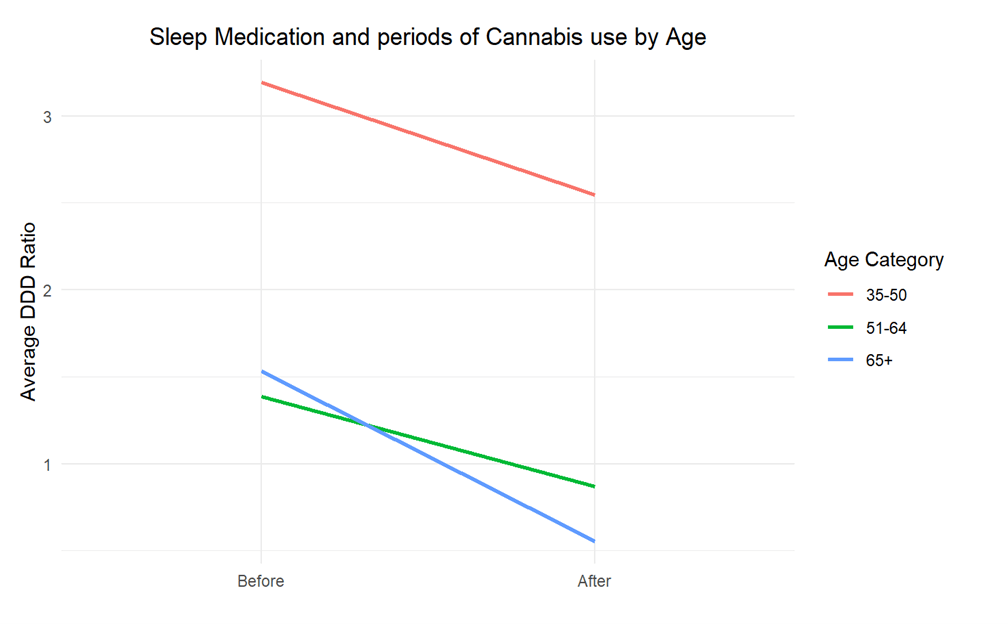
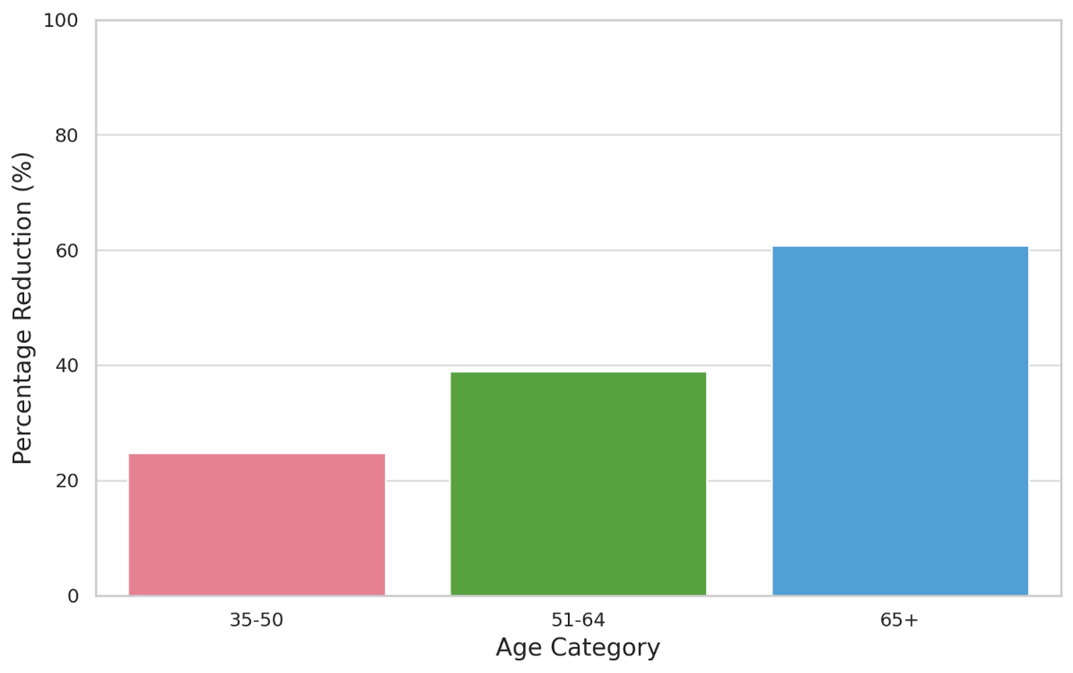
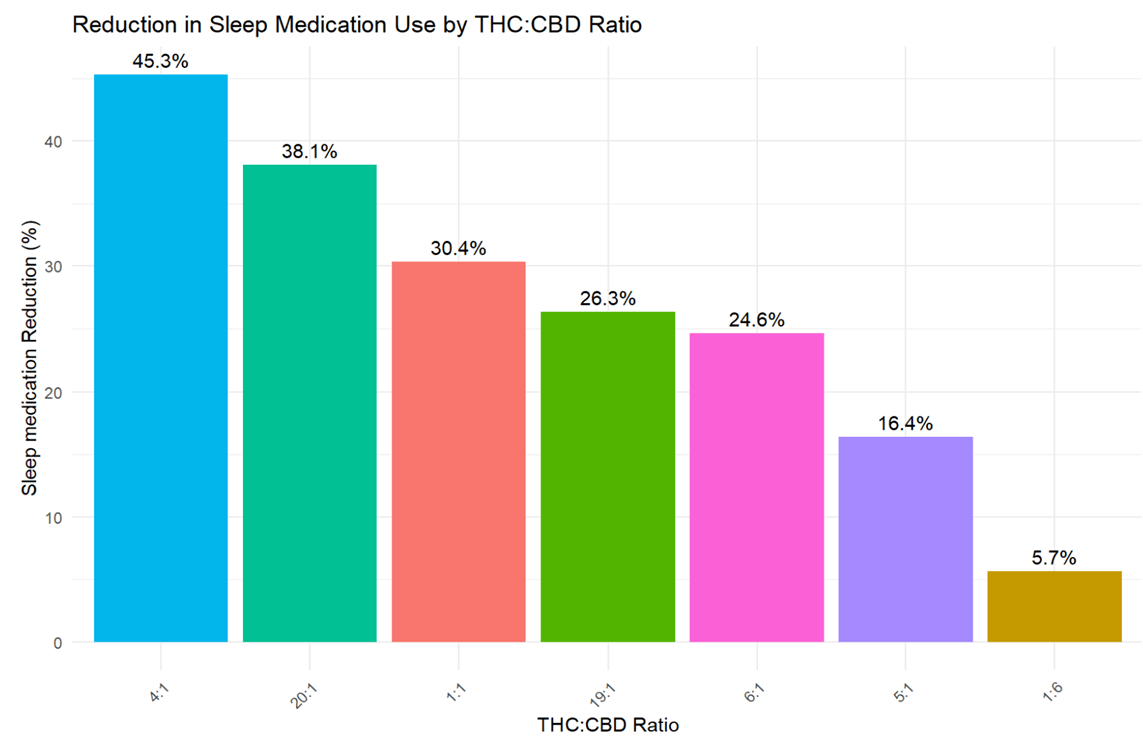
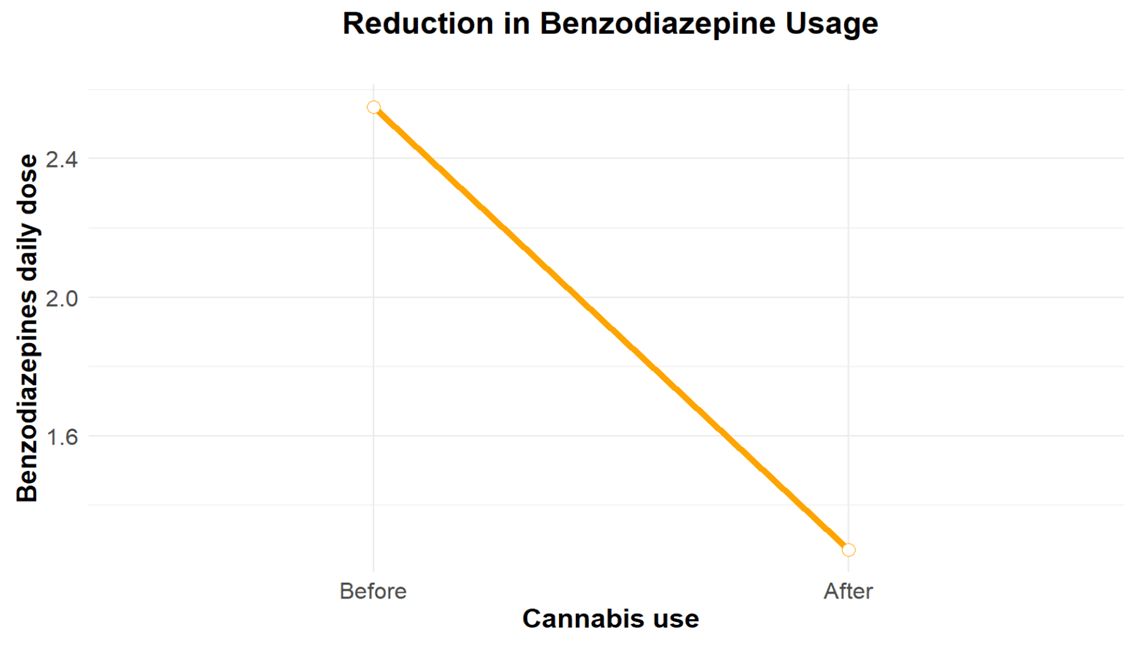
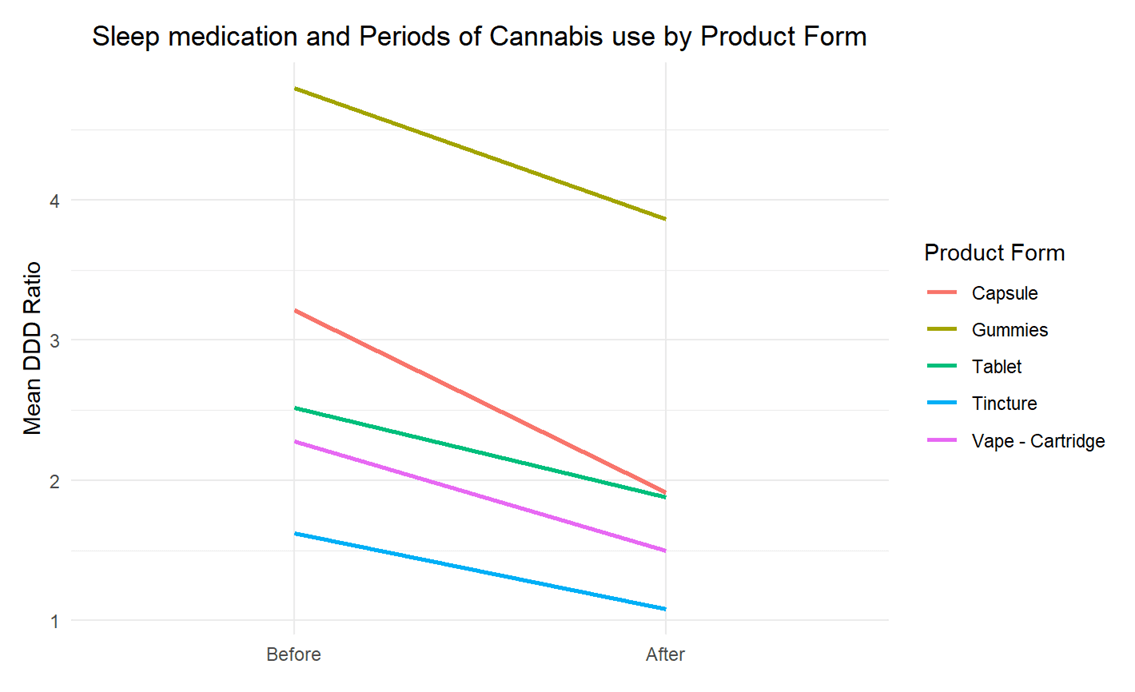
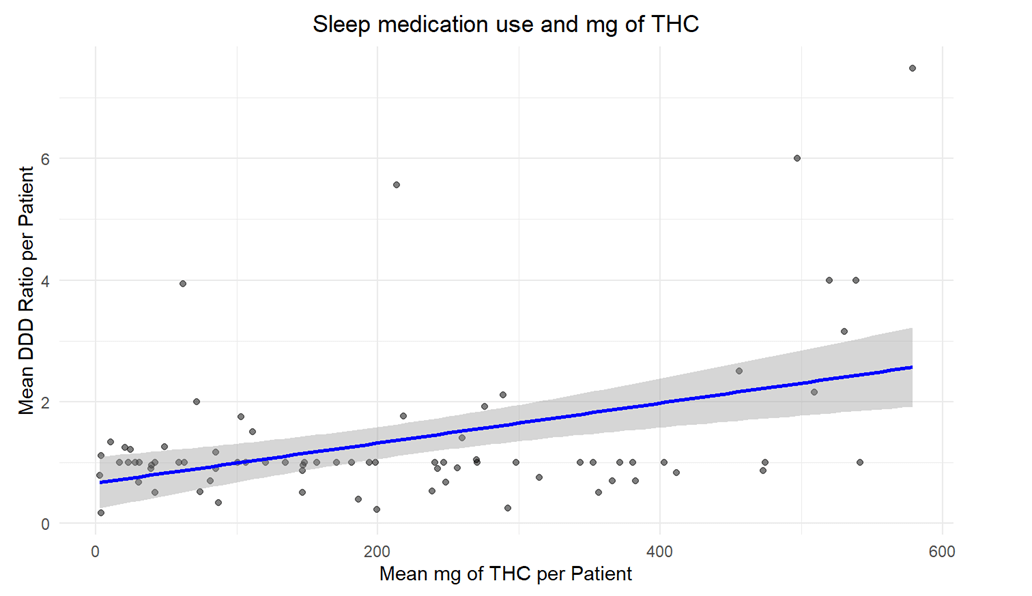
Follow NCIA
Newsletter
Facebook
Twitter
LinkedIn
Instagram
–